Anxious Swiss invest in private power generators
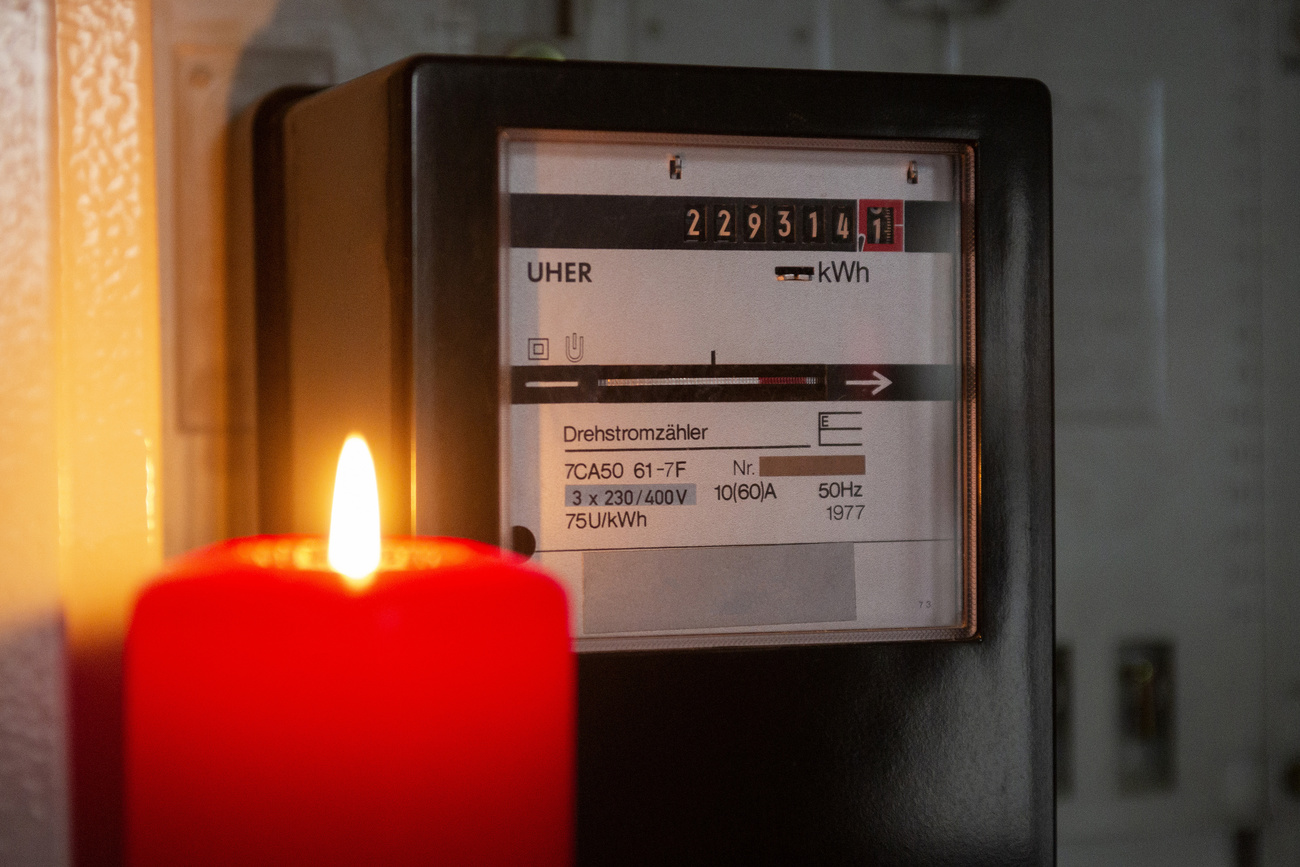
The Swiss authorities have done little to prepare for potential energy shortages this winter. So households are taking their own precautions.
Across the country, retailers big and small are reporting a huge interest in emergency power systems among customers who fear looming blackouts.
“We sold nine times as many portable power stations and more than four times as many power generators this July than in the same month in 2021,” Alex Hämmerli, a spokesperson for Switzerland’s leading online retailer, Digitec Galaxus, told SWI swissinfo.ch.
The Swiss have a long history of preparing for crises. The country’s famous underground bunkers can accommodate the entire population and more, and the annual test of emergency sirens takes only tourists by surprise. The slogan “Kluger Rat, Notvorrat,” meaning “it’s smart to stockpile for emergencies”, is more than half a century old and has left an impression on generations of Swiss.

More
Swiss electricity providers face shocking challenges
So it is not surprising that, with a global energy crisis underway, manufacturers and retailers now face a rush for portable power stations and power generators. Werner Luginbühl, president of the Swiss Electricity Commission, is the country’s top electricity official. Speaking to the newspaper Neue Zürcher Zeitung earlier this month, Luginbühl advised people to buy candles and firewood – a comment that earned him some criticism.
Candles are included on the official list of emergency supply recommendations for every household, as are batteries. Power generators are not. “There are no recommendations on the purchase of emergency generators,” says the Federal Office for Civil Protection.
Call to companies in Germany
This summer, a few journalists from Germany travelled to Switzerland to report on the multitude of bunkers and the precautionary mentality. In terms of individual emergency power supply, however, Germany is doing more.
Back in 2015, the German Federal Office of Civil Protection and Disaster Assistance published an informational film urging individuals and neighbourhoods to make enquiries about emergency power generators or complete emergency power systems.
The film continues to enjoy some popularity on YouTube, and the content is still fundamentally valid today, a spokesperson for the German Federal Office of Civil Protection and Disaster Assistance told SWI swissinfo.ch. “We advise everyone to investigate the subject as part of their private emergency preparedness and to take precautions according to their personal needs but also their individual means,” he said.
Unlike Switzerland, Germany also issued a call to private companies to not only define power-saving strategies, but to equip themselves for the eventuality of power shortages.
In early July, Patrick Graichen, a state secretary in the German Federal Ministry for Economic Affairs and Climate Action, called on all private companies to buy emergency generators. The goal is for companies to be able to supply their own power for 72 hours in case of an emergency.
As well as devices for a few hundred or thousand francs, professional emergency power systems are also currently experiencing demand from wealthy private individuals in Switzerland. Renting an emergency power system from a Swiss provider to supply a villa for six months costs CHF100,000 ($104,400), Swiss public television SRF reports.

But just because someone has the money does not mean they can get such a system at the moment: according to SRF, demand is higher than supply, both locally and internationally.
Private households come last on the list of priorities. So regardless of their financial status, people in Switzerland who want to take precautions cannot achieve energy autonomy in the short term.
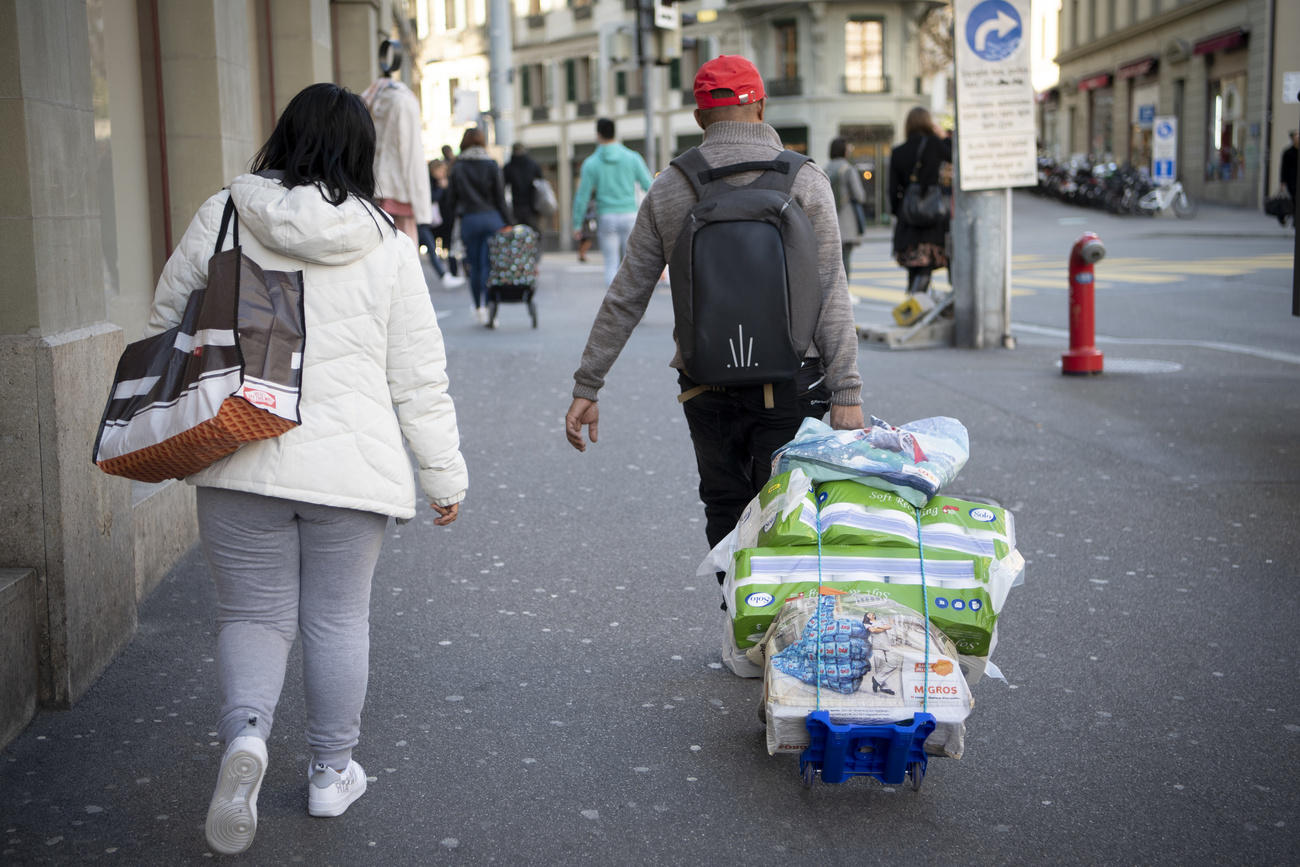
More
Stockpiling – a Swiss civic duty
Weeks-long power cut unlikely
The devices they can actually buy would not even guarantee supply during a power outage lasting weeks. In July, Digitec Galaxus sold three times more portable power stations (oversized batteries that are often charged from a socket) than power generators. Yet one power station can supply energy to an entire household only for a very short time.
Petrol-powered generators, on the other hand, come with specific fire-safety regulations: residents can store a maximum of 25 litres of petrol in canisters and a maximum of 100 litres in a protective cabinet in each room in a basement. Power generators consume between 1 and 3 litres of petrol per hour of operation. At some point, even the most cautious person would be left in candlelight.
But a power cut lasting weeks this winter seems unlikely to most experts. The threat of a power shortage, however, was considered highly likely by the authorities until mid-August.
Still, a shortage would not mean a blackout. The Swiss authorities are relying on public appeals to save energy, but if these are not enough, operating certain devices will be banned. As a second-last resort, large companies will be limited to a maximum quota of electricity. A one-hour shutdown of the electrical grid for households would be the last resort, according to the emergency plan.

More
Swiss minister urges calm over energy shortage fears
‘Every kilowatt hour counts’
According to the Federal Office for National Economic Supply, Switzerland’s supply situation is currently secure. However, there is also the threat of a shortage of natural gas in the winter. Energy Minister Simonetta Sommaruga announced at the beginning of July that she expects such a shortage.
Up until mid-August the interplay between electricity and heating caused headaches for the authorities and electricity producers: if many people rely on mobile electric heaters in winter because they want to stay warm and cosy despite a gas shortage, then the electricity situation will worsen. And it is quite possible that owners of many of the newly purchased portable power stations charged at the socket intend to use them to operate an electric heater.
“Given the critical winter supply situation, it is now more than ever the case that every kilowatt hour counts – especially every kilowatt hour saved,” a spokesperson for the Association of Swiss electricity companies, VSE, said on August 11.
A week later, electricity companies and authorities could breathe a sigh of relief. The federal government indicated its wish to draw up contracts with companies that can make up for short-term bottlenecks on the electrical grid with so-called reserve power plants. Some of these oil and gas power plants are professional emergency generators with which private companies have made provisions.
Edited by Balz Rigendinger; translated from German by Catherine Hickley/gw

More
Concerns raised over looming energy shortage

In compliance with the JTI standards
More: SWI swissinfo.ch certified by the Journalism Trust Initiative










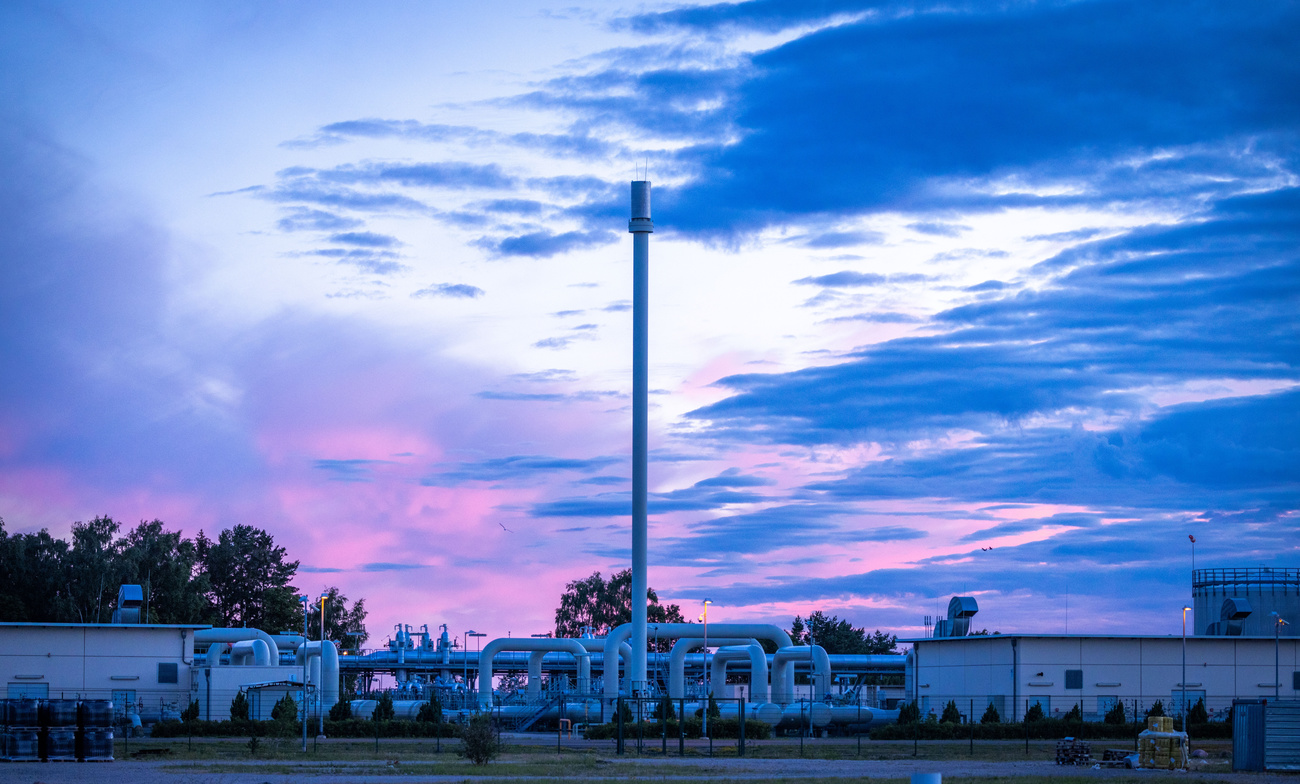
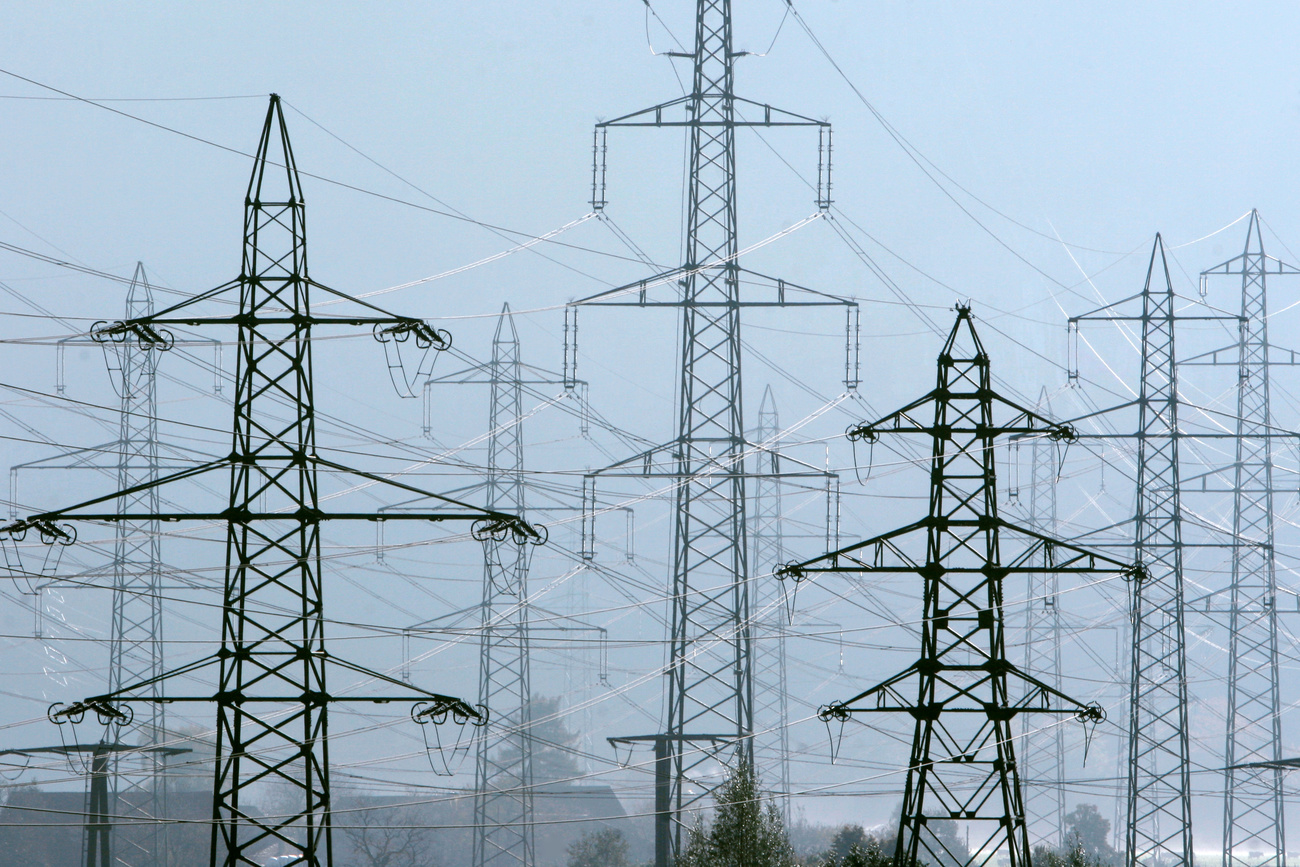
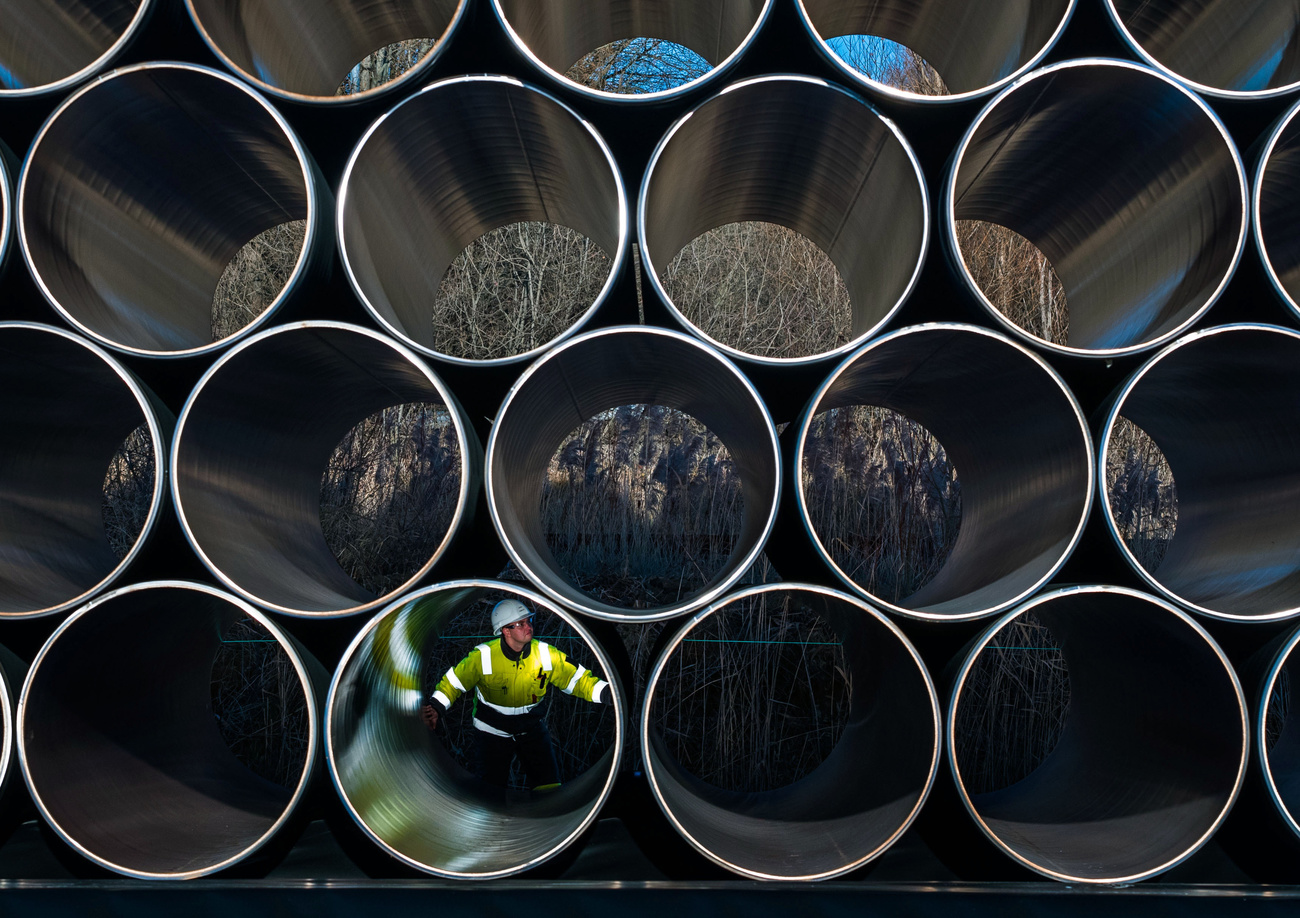
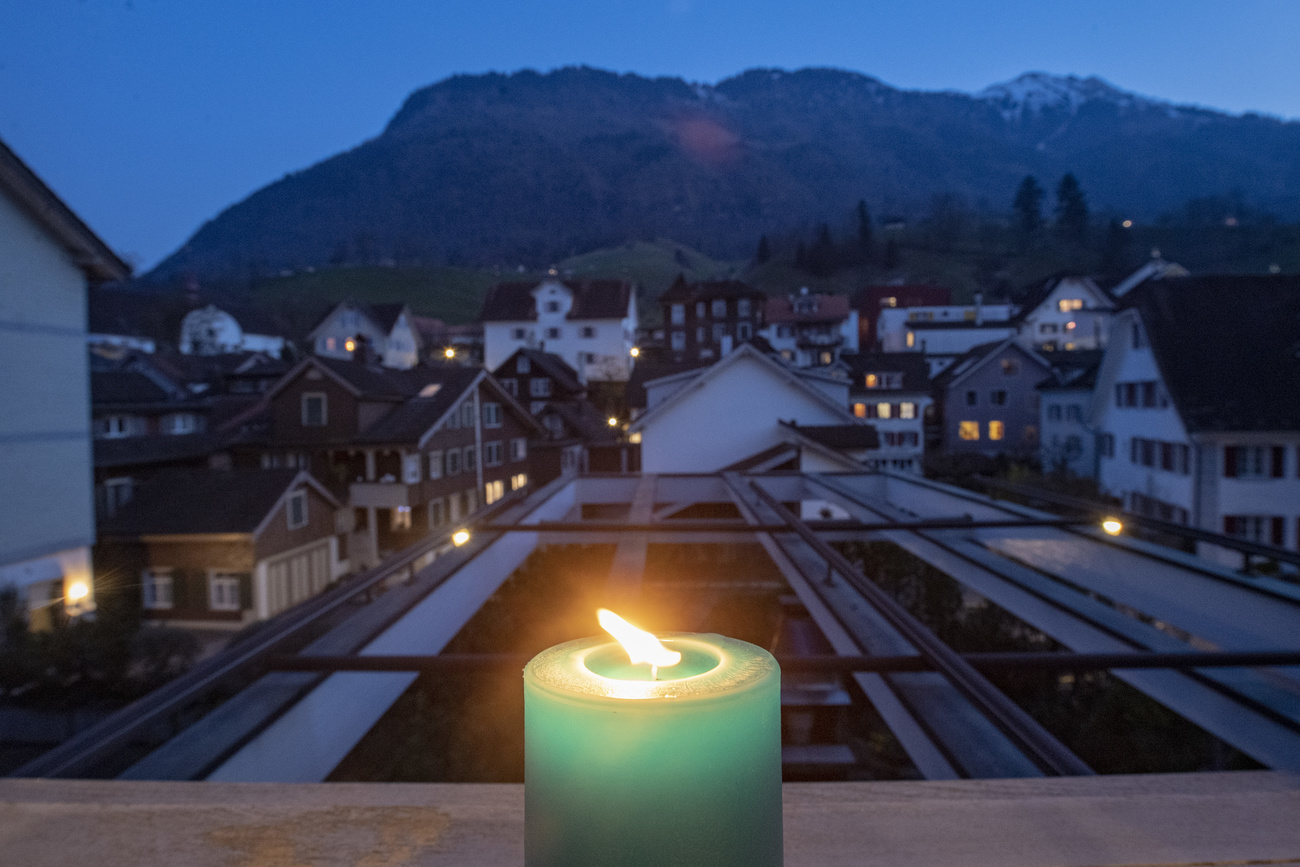
You can find an overview of ongoing debates with our journalists here . Please join us!
If you want to start a conversation about a topic raised in this article or want to report factual errors, email us at english@swissinfo.ch.